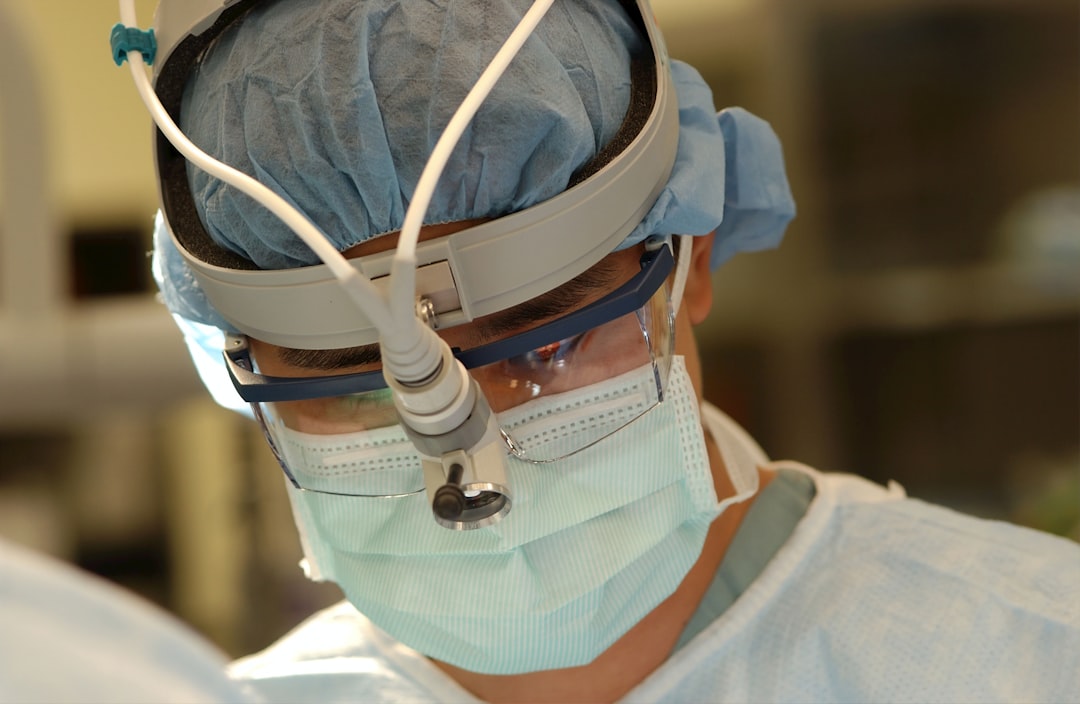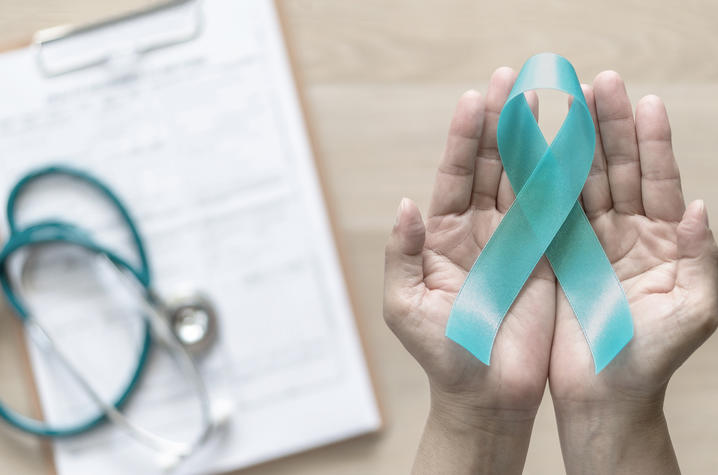Cervical cancer is a type of cancer that affects the cells of the cervix, which is the lower part of the uterus that connects to the vagina. It is the fourth most common type of cancer in women worldwide, with an estimated 570,000 new cases and 311,000 deaths in 2018 alone. While cervical cancer can be deadly, it is also highly preventable and treatable when caught early. In this article, I will share my personal experience with cervical cancer and how I knew I had it.
What Are the Symptoms of Cervical Cancer?
Abnormal Vaginal Bleeding
One of the most common symptoms of cervical cancer is abnormal vaginal bleeding. This can include bleeding between periods, after sex, or after menopause. In my case, I noticed spotting between my periods, which I initially brushed off as a hormonal imbalance. However, when the spotting continued for several months, I knew something was not right.
Unusual Vaginal Discharge
Another symptom of cervical cancer is unusual vaginal discharge. This can include a watery, bloody, or foul-smelling discharge. In my case, I noticed a brownish discharge that had a strong odor. I initially thought it was a yeast infection, but when it didn’t go away with over-the-counter treatments, I knew it was something more serious.
Pelvic Pain
Pelvic pain can also be a symptom of cervical cancer. This can include pain during sex, pain in the lower abdomen or back, or pain during urination. In my case, I experienced a dull ache in my lower abdomen that would come and go. I initially attributed it to menstrual cramps, but when the pain became more frequent and intense, I knew it was not normal.
Other Symptoms
Other less common symptoms of cervical cancer include weight loss, fatigue, and loss of appetite. However, these symptoms can also be caused by other health issues, so it is important to pay attention to any changes in your body and consult a doctor if you have concerns.
How I Knew I Had Cervical Cancer
Regular Pap Smears
I was fortunate enough to have been getting regular pap smears since I was 21 years old. Pap smears are a routine test that checks for abnormal cells on the cervix, which can be an early sign of cervical cancer. My pap smears had always come back normal, so I never thought I had anything to worry about.
Abnormal Pap Smear Results
However, during one of my routine pap smears, my doctor informed me that my results were abnormal. This meant that there were abnormal cells on my cervix that needed to be further investigated. I was referred to a gynecologist who performed a colposcopy, which is a procedure that uses a special magnifying device to examine the cervix.
Biopsy Results
During the colposcopy, the gynecologist took a small sample of tissue from my cervix for a biopsy. A biopsy is the only way to confirm a diagnosis of cervical cancer. A few days later, I received the devastating news that I had cervical cancer.
Early Detection Saved My Life
While receiving a cancer diagnosis was terrifying, I was grateful that it was caught early through regular pap smears. If I had not been getting regular pap smears, my cancer may have gone undetected until it was too late. Early detection is crucial for the successful treatment of cervical cancer.
What to Do If You Have Symptoms of Cervical Cancer
If you are experiencing any of the symptoms mentioned above, it is important to consult a doctor as soon as possible. While these symptoms can be caused by other health issues, it is always better to be safe than sorry. Your doctor may recommend a pap smear or other tests to determine the cause of your symptoms.
How to Prevent Cervical Cancer
Get Regular Pap Smears
The best way to prevent cervical cancer is to get regular pap smears. The American Cancer Society recommends that women between the ages of 21 and 29 get a pap smear every three years, and women between the ages of 30 and 65 get a pap smear and HPV test every five years.
Get the HPV Vaccine
The human papillomavirus (HPV) is the most common cause of cervical cancer. The HPV vaccine can protect against the types of HPV that are most likely to cause cervical cancer. The Centers for Disease Control and Prevention (CDC) recommends that all boys and girls get the HPV vaccine at age 11 or 12, but it can be given as early as age 9.
Practice Safe Sex
Practicing safe sex can also help prevent cervical cancer. HPV is spread through sexual contact, so using condoms can reduce your risk of contracting the virus. However, condoms do not provide 100% protection against HPV, so it is important to also get regular pap smears.
In Conclusion
Cervical cancer is a serious and potentially deadly disease, but it is also highly preventable and treatable when caught early. If you are experiencing any symptoms of cervical cancer, do not hesitate to consult a doctor. Regular pap smears and the HPV vaccine can help prevent cervical cancer, so make sure to prioritize your health and well-being.
Read Also-: Trendzguruji.me Health : Exploring the Latest Health Trends

































































